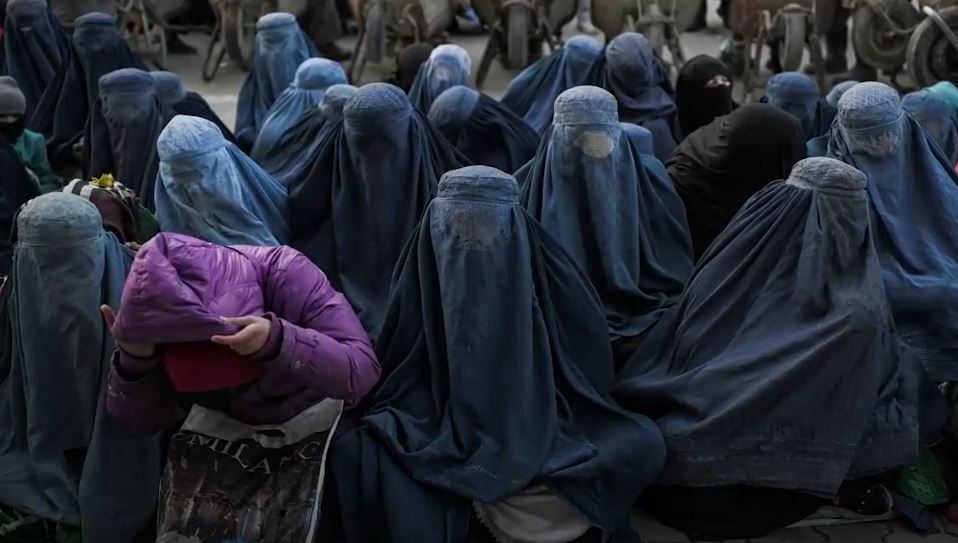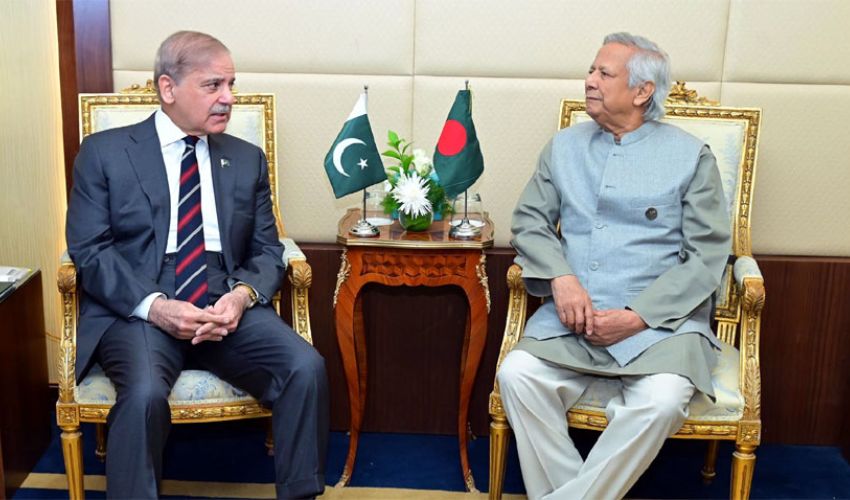In the wake of the Taliban's return to power in Afghanistan, women across the country have encountered severe restrictions and challenges. Reports indicate a widespread curtailment of basic rights and freedoms previously enjoyed by Afghan women.
Since the Taliban assumed control, employment opportunities for women have drastically diminished, leaving many economically vulnerable. Particularly affected are widowed mothers, who find themselves in a continuous struggle for survival amid dire circumstances.
The Taliban's stringent policies have resulted in a near-total ban on women's access to work, severely limiting their ability to support themselves and their families. This has forced some women, especially widows, to rely entirely on male relatives, often leaving them at their mercy.
Furthermore, movement restrictions have been imposed, effectively confining many Afghan women to their homes unless accompanied by a male relative. This has compounded their isolation and limited their ability to engage in daily activities or seek employment discreetly.
Education, a fundamental right, has also been significantly impacted. Reports from the United Nations indicate that approximately 1.5 million girls and young women are currently denied access to schooling, further jeopardizing their future prospects.
The humanitarian situation has exacerbated the plight of vulnerable groups, such as single mothers and their children. Facing extreme poverty, some mothers have resorted to sending their young children to work, exposing them to exploitation and abuse, including sexual violence.
In the face of these challenges, there have been distressing accounts from Afghan women, describing their situation under Taliban rule akin to feeling imprisoned. Many women, including former police officers and soldiers' widows, have expressed desperation, contemplating extreme measures to escape their circumstances.
As Afghanistan grapples with widespread poverty and food insecurity affecting the majority of its population, the situation remains dire for women, particularly those heading households. The international community continues to monitor the evolving situation closely, amid growing concerns for the well-being and rights of Afghan women under Taliban governance.

























